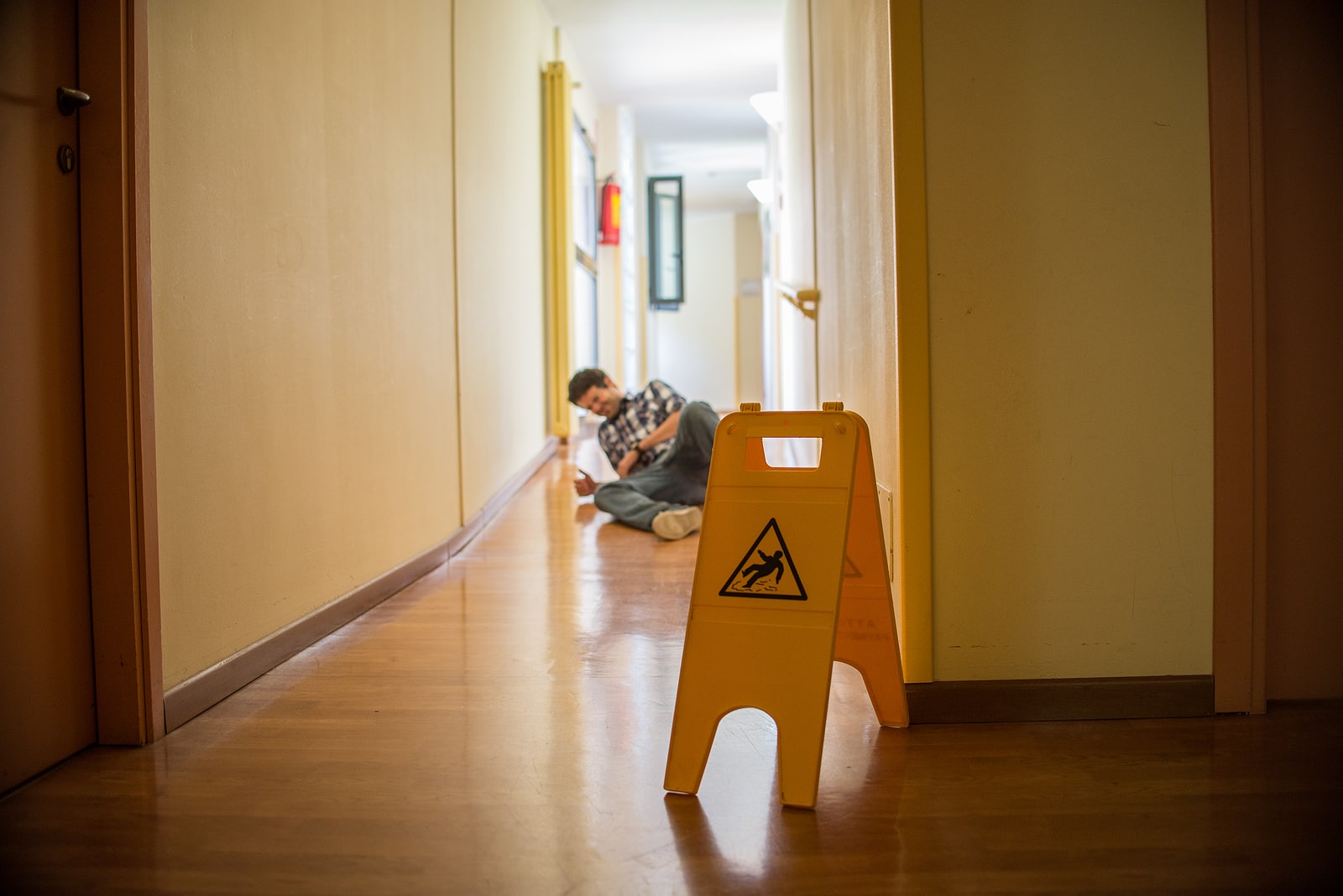Understanding Continuous Residence and Physical Presence in Naturalization
In the context of naturalization, continuous residence and physical presence are critical eligibility requirements that ensure applicants have established and maintained a significant connection to the United States. Failure to meet these requirements can delay or jeopardize your ability to become a naturalized U.S. citizen.
1. Continuous Residence
Definition:
Continuous residence refers to the requirement that an applicant has maintained a permanent dwelling in the United States for a specific period before filing for naturalization.
- For most applicants, this period is five years as a lawful permanent resident (LPR).
- If married to a U.S. citizen, the requirement is reduced to three years, provided the marriage has been valid and the spouse is a citizen for that period.
Breaks in Continuous Residence:
Leaving the United States for extended periods can disrupt continuous residence. Specifically:
- Trips of six months to one year: These may raise a presumption of a break in continuous residence unless the applicant provides evidence to rebut this presumption.
- Trips of more than one year: These are almost always considered a break in continuous residence, except in limited cases (e.g., military exemptions or approved reentry permits).
2. Physical Presence
Definition:
Physical presence refers to the total number of days an applicant has physically spent in the United States within the required continuous residence period.
- For most applicants, the requirement is at least 30 months (or 2.5 years) out of the five years preceding the application.
- For spouses of U.S. citizens, the requirement is at least 18 months (or 1.5 years) out of the three years preceding the application.
Importance of Physical Presence:
Even short trips outside the United States count against the physical presence requirement, so maintaining careful travel records is essential to ensure compliance.
Why Documentary Evidence Is Essential
To demonstrate compliance with these requirements, applicants must provide documentary evidence that proves they have met the continuous residence and physical presence criteria. USCIS evaluates this evidence as part of the naturalization process, particularly during the interview stage.
Examples of Documentary Evidence
- Proof of Continuous Residence:
- Lease agreements or property deeds
- Utility bills spanning the required period
- Employment records or pay stubs
- School enrollment or attendance records (for students)
- Bank statements showing regular financial activity
- Proof of Physical Presence:
- Passport stamps and travel itineraries showing dates of entry and exit
- Copies of boarding passes or flight tickets
- Tax returns filed for the required period, particularly if they include residency information
- Affidavits from employers or community members attesting to your presence in the U.S.
Why Is This Important?
- Avoiding Presumptions of Abandonment: Without evidence, long trips abroad may be interpreted as an intention to abandon U.S. residency.
- Proving Eligibility: USCIS officers scrutinize gaps or inconsistencies in records to determine if an applicant meets the legal thresholds.
- Reducing Delays and Denials: Missing documentation can result in Requests for Evidence (RFEs) or even application denials.
How Jarrett & Price Can Help
Our experienced attorneys assist clients in compiling, organizing, and presenting the necessary evidence to satisfy continuous residence and physical presence requirements. We ensure your application is complete and ready to withstand USCIS scrutiny, minimizing risks of delays or complications in the naturalization process. If you’re preparing for naturalization, reach out to us for personalized guidance to help you achieve your goal of U.S. citizenship. Call us today at 855-909-3021.



